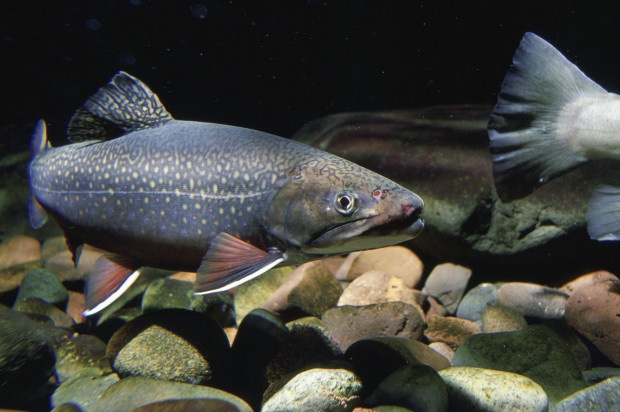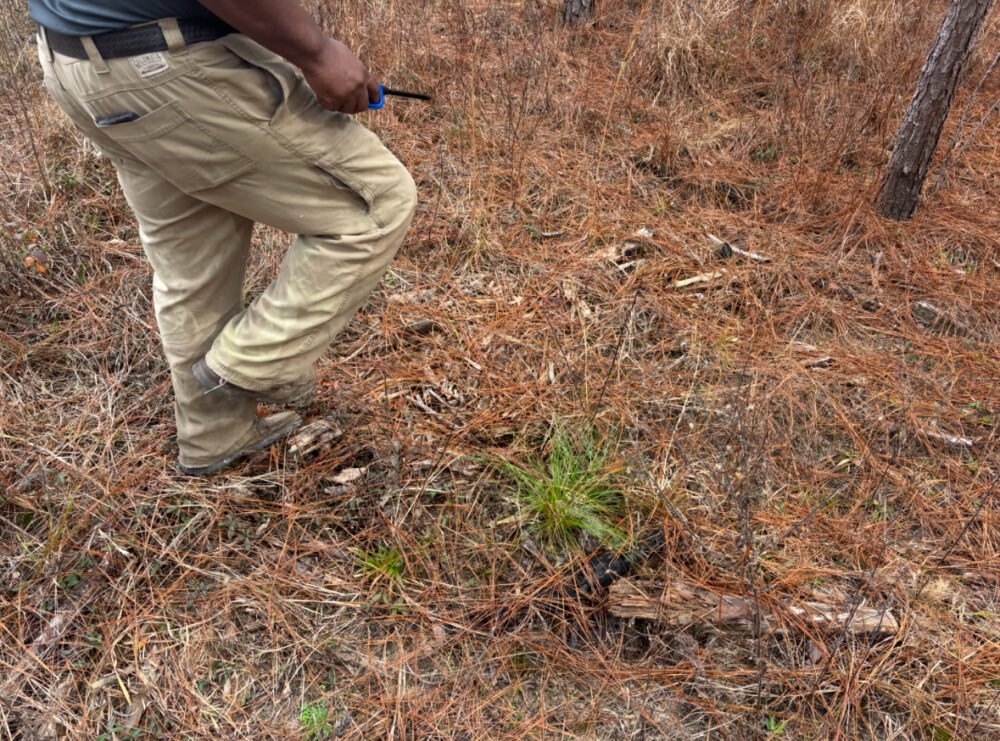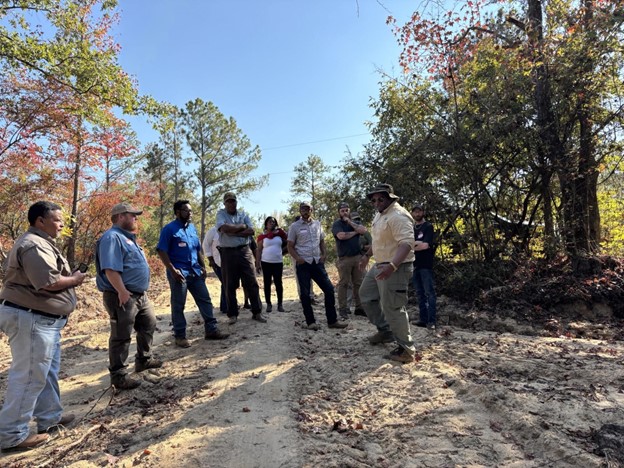We have much more to do and your continued support is needed now more than ever.
Protecting Wildlife From Toxic Discharges
Yesterday the Environmental Protection Agency issued a final amended rule to protect waters from coal power plants’ discharges. These plants contribute about thirty percent of all toxic pollutants discharged to surface waters.
NWF applauds the EPA’s action to further reduce pollution that harms and poisons fish, wildlife and waterways. The measure will reduce water pollution by about 1.4 million pounds each year and largely end most coal ash-contaminated discharges. It will reduce water withdrawals by 57 billion gallons, a process that can kill and harm fish and other aquatic wildlife.

Getting Toxins Out of Our Waters

For instance, power plants discharges release toxic materials that bioaccumulate in fish, and have resulted in fish kills and harmed birds that prey on contaminated fish. Power plant waste has contributed to over 23,000 miles of contaminated rivers. We should be able to eat the fish we catch.
Tougher standards for power plant emissions are a needed step to safeguard fish and wildlife from toxic power plant pollution. This rule relies on available technology and will ensure that power plants have to do more to keep rivers, lakes and streams clean.
Cleaner Energy for Wildlife
Ultimately, these new rules highlight the need to transition away from polluting ways of generating electricity. It is important that we not only force dirty coal to clean up its mess, but quickly transition to cleaner sources of energy like wind and solar that don’t have the extremely harmful impacts on wildlife that coal does.

Less reliance on coal means less toxic wastewater. It also means less smog, less toxic air deposition (like mercury, which also pollutes waters and poisons fish from the air), less acid rain, and more opportunities for wildlife to thrive.
Hunters, fishers, anglers and outdoor enthusiasts rely on clean air and water and a healthy climate.
It is important that EPA’s actions to protect our air and water from the ill-effects of coal power plants move forward and are not undone by Congress.
![]() Urge Congress to stand strong for wildlife and climate action!
Urge Congress to stand strong for wildlife and climate action!






















